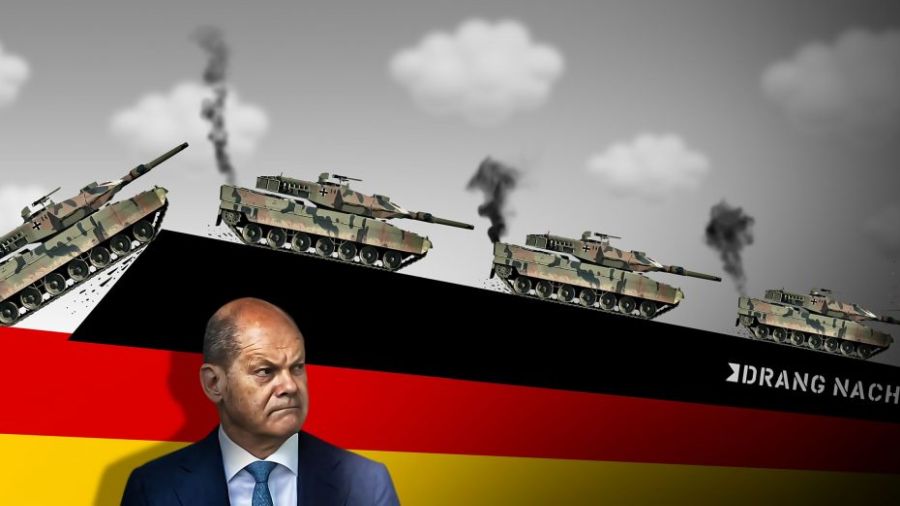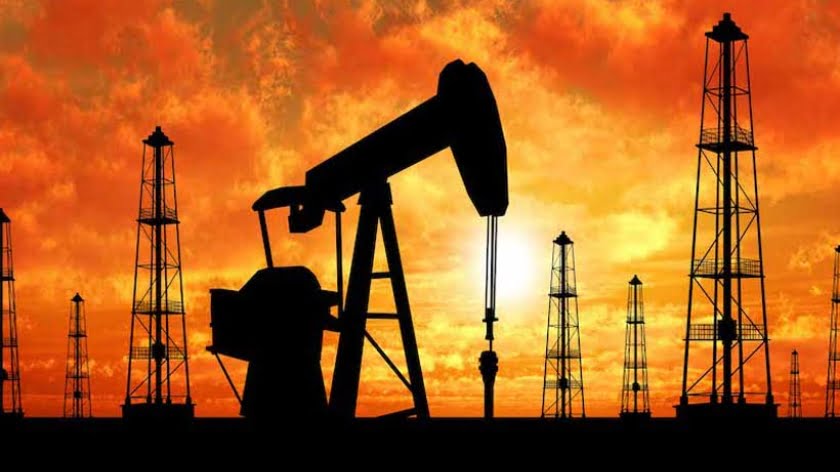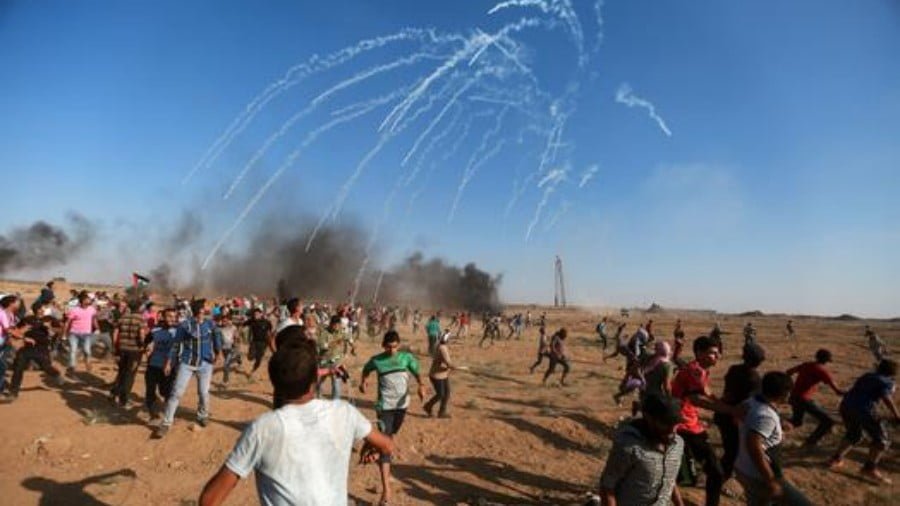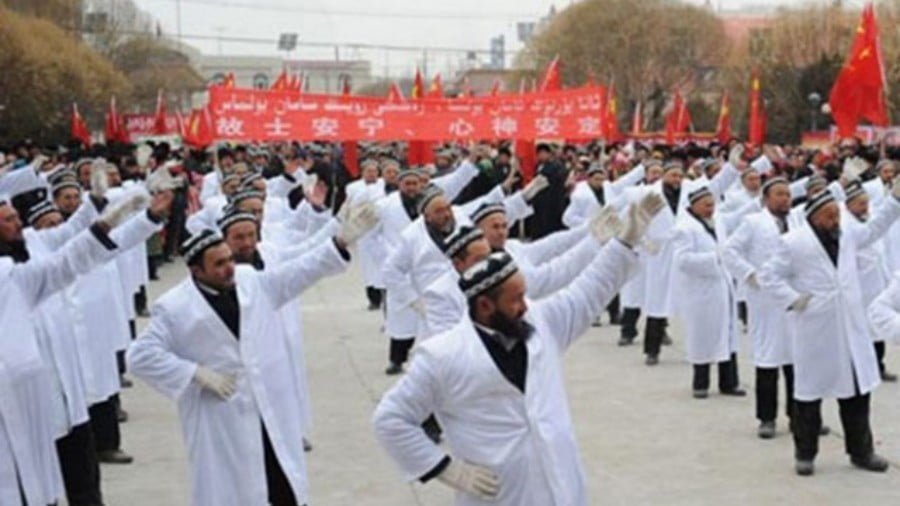The Scholzisation vs the Schroederization of Germany and the EU
An ever-growing number of politicians in Germany and EU want to turn the clock back to the way things used to be ‘pre-conflict in Ukraine’ days.
Exorbitant prices for energy supplies and economic crisis which fell upon the Western Europe as a response to the EU sanctions against Russia have made many analysts cast a nostalgic look at the times bygone with Russian gas galore which contributed to German rapid economic development for decades.
If we recall the ominous words ‘Keep the Russians out, the Americans in, and the Germans down’ – the words of NATO’s first Secretary General, Lord Ismay, when explaining the aims behind the new military alliance (as it was then), the U.S. hidden agenda has always been for Germany to just flourish economically and not much more than that.
It is now more evident that an ever-growing number of politicians in Germany and EU want to turn the clock back to the way things used to be ‘pre-conflict in Ukraine’ days. One of the most avid advocates of such relations is the former German Chancellor, Gerhard Schröder.
Schröder in his position of the German Chancellor enabled all the conditions for the realization of the Nord Stream 1. Besides, he actively advocated the forging of the Russian-German relations further. For him and other representatives of the European energy sector, the conflict in Ukraine does not mean that the EU should stop all business connections and leave all that makes the European industry so competitively strong. Many high-profile political and business leaders, having seen what political and economic consequences have ensued after the abrupt reduction in the amount of gas supplied from Russia by the route of Nord Stream 1 and 2 want to get back in the saddle again, as soon as possible to the ‘old normal’. It might sound as a triviality but Schröder’s fifth wife (Korean by origin) got sacked from her job recently only because she attended the Victory Day celebration with the Russian Embassy in Germany.
Besides the wholehearted support among some high-ranking public figures in Germany, Paolo Scaroni, whose cooperation with Russia has been vitally important, also holds the same views. Paolo Scaroni is another avid advocate of the EU to re-establish the cooperation with Russia. He was the CEO of Italian energy companies Enel and Eni between 2002 and 2014. Schroeder and Scaroni lead a group of businesspeople who insist on new contracts to be signed with Moscow. Some analysts consider this call for the old relations to be re-established as the new schroederization of Europe, which appears to be unfeasible if one throws but a cursory glance. To put the issue into perspective, the total amount of gas which now is being pumped into Europe from Russia has fallen from 40 to 5 %.
The German ministers keep throwing any number of possible solutions into the loop: the diversification of energy sector for one. Berlin is willing to resort to anything they can possibly claw back on: gas from Norway, liquid gas, wind and solar energy etc yet some of their ‘leftist elites’ would rather throw hissy fits at any mention of importing the Russian oil and gas again. However, in reality Germany has not given up on the Russian gas in that they go on buying it away from the public gaze. One wonders why? Is there any explicable rationale for the EU hypocrisy?
Regardless of The Nord Stream 1 and 2 currently not being operational, the purchase of the Russian liquid gas has miraculously increased. Compared to the volume of export into the EU, only the U.S. is before Russia. Saxony State Premier, Michael Kretschmer is a passionate proponent for the renewal of the Nord Stream 1 and 2, supporting his arguments that Germany abandoned the nuclear energy because the three last standing nuclear plants have been closed down. If Russia definitely turns its back on Europe and opts for the complete cooperation with Asia, Germany will find it painstakingly hard to provide sufficient alternative sources, Kretschmer warns. Given that Germany has closed down its last three nuclear plants and they are at present returning to the use of coal even though it was something they least wanted by the Green Party and their traffic light coalition. Ironically, all their political manifests appear to be based on campaigning for the clean energy and environment.
Though at this point many tend to agree that untold numbers of environmental alarmists and eco – terrorists should not be tolerated any longer. Sadly, German Schutz der Natur vacuous slogans have proven unproductive when faced with harsh reality. They either have to get back to the coal consumption, loathed by many ‘militant leftists’ in Germany (Extinction Rebellion style led by the German counterparts to the spoilt brat from Sweden) or to listen to Schroeder’s financially sane words and bounce back to the agreements signed earlier on before the Russian special military operation. To my mind, those complacent eco-terrorists desperately need a stark reminder in the basics of economics: Russian gas and oil is what made the German economy into a monumental power machine and one of the most powerful industrial bases in Europe. This logic is not advocated only by Gerhard Schröder but a number of other high-profile figures in business and finances across Europe. Not unexpectedly, Gerhard Schröder is most often viewed as Putin’s man in Bundestag. Yes, it is true that Putin and Schröder cooperated superbly whilst Schröder was sitting in Bundestag in his position of the German Chancellor. The Nord Stream pipeline between Russia and Germany has caused much division across the Atlantic in its two-decade long history. But Angela Merkel was persistent in drawing a divide line between trade and politics and was triumphant in the end. Germany completed construction of its first floating LNG terminal and liquefied natural gas facility (LNG) will be central to securing energy supplies. In theory Germany has an ample opportunity to make use of the floating terminals, where the liquid gas can be converted into gaseous state but this procedure will incur exorbitant costs rather than the one which they would get by the tried and tested procedures used earlier.
Arguably, the EU set their sights on sanctioning or closing down the Druzhba pipeline as well, under the pretext that the European continued dependence is not beneficial for the central Europe and in that they are seeking to reduce their reliance on Russian oil while accelerating the European Green Deal. On a historic note, the Druzhba pipeline is one of the biggest crude oil pipeline networks in the world. The total length of the pipeline system including all its branches is around 5500 km. It is the pipeline built in the time of the USSR, the name of which translates as ‘friendship’, with a powerful underlying message that the oil from all the USSR states was flowing through it and pumping further to all the ‘comrade’ countries of the Warsaw Pact). Druzhba crossed 45 major rivers on its road to Central Europe. The whole pipeline was put into operation in October 1964.
And if we take yet another look at the news about the G7 Summit in Hiroshima, Bloomberg reports further: G7 and EU to ban restart of Russian gas pipelines ‘According to officials involved in the recent negotiations, the G7 and EU will ban Russian gas imports on routes where Moscow has reduced supplies. The decision, which is to be finalised by G7 leaders at a summit in Hiroshima this week, will prevent the resumption of Russian pipeline gas exports on routes to countries such as Poland and Germany, where Moscow cut off supplies last year and triggered an energy crisis across Europe.’
The northern leg of the Druzhba line which supplies German and Polish refineries, might also be banned under EU measures. The embargo is being discussed by diplomats as part of the EU’s 11th sanctions package. FT also writes that one EU diplomat said that Brussels has to clarify their position because for instance some oil from Kazakhstan flows through Druzhba pipelines. “It has to be clear exactly how it would work,” they said.
I firmly believe that the best way to deal with the EU and U.S. arrogance about the endless and unprecedented anti-Russian sanctions was the manner the Indian Minister of Foreign Affairs did. Dr Subrahmanyam Jaishankar, who exudes education, erudition and diplomacy, was perfectly right in his recent brave but sophisticated feat of schooling Europe on this issue. Hindustan Times reports on a row over: Jaishankar schooling EU Josep Borrell for warning India over Russian oil re-sale
‘My understanding of the EU Council regulations is that when Russian oil is substantially transformed in a third country than it is not treated as the Russian any more. I would urge you to look at the Council regulation 833 – 01’
An issue emerges what could make Europe get back to what is often referred to as the schroederization of Europe. For the Collective West, ‘to war-war’ appears to be better than to jaw-jaw. At some point the Collective West is unable to tell a difference.
‘The 11th sanctions package against Russia, the 20th sanctions package against Russia, the 101th sanctions package against Russia’ Ljubinka Milincic, the editor-in-chief of Sputnik Serbia said recently in her broadcast with a sympathetic smile. She adds a finale in jest ‘The EU may well decide to ban the letter R in their own alphabet soon’.







